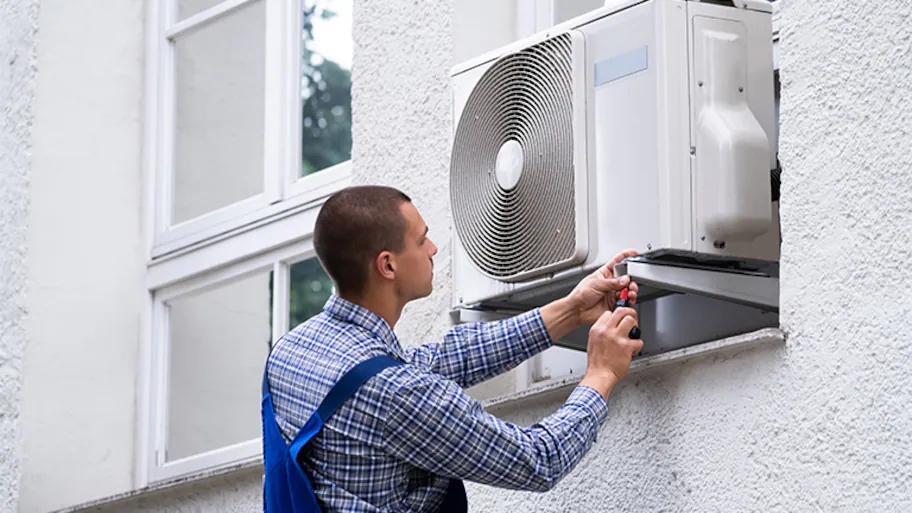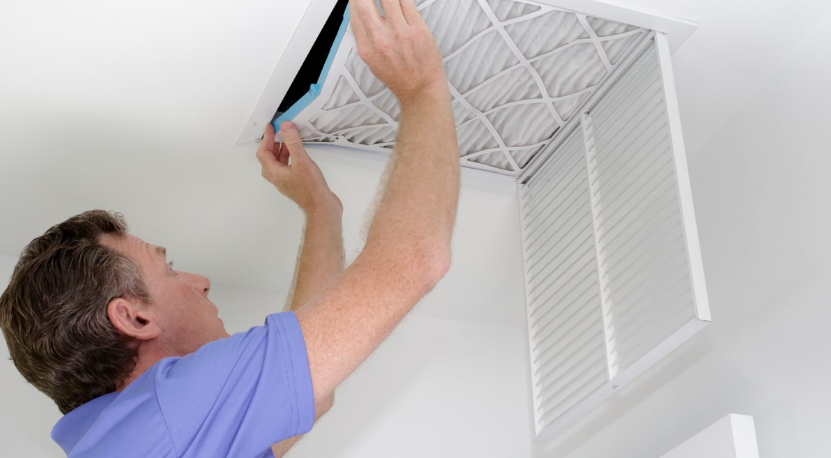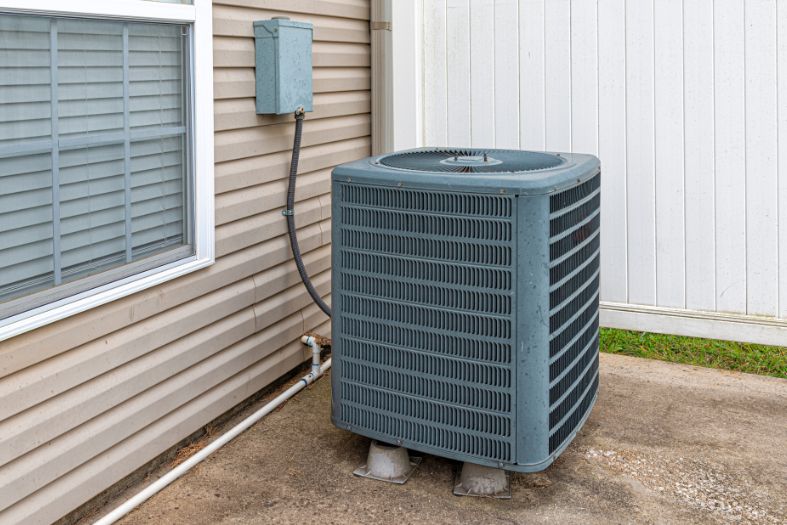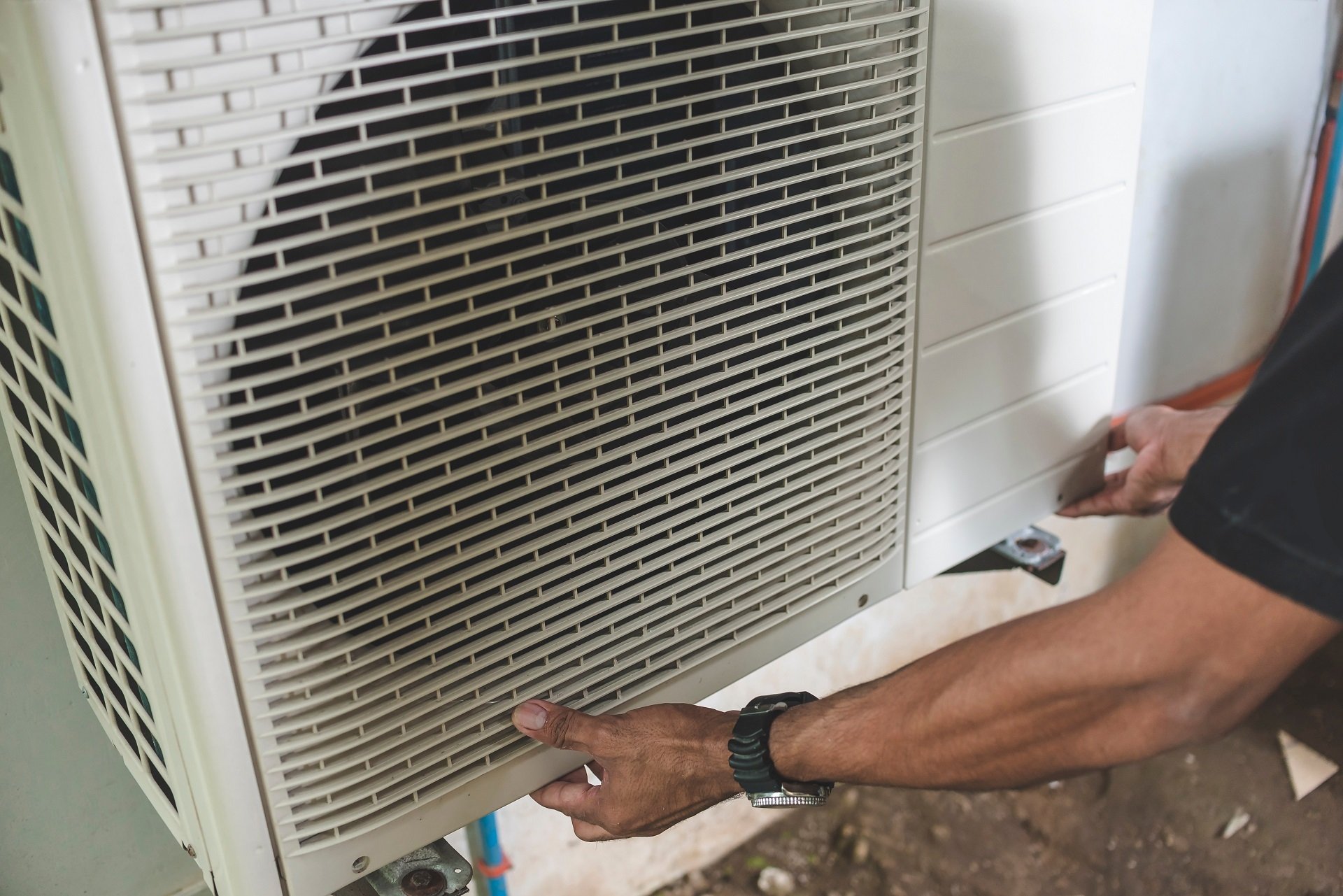Good for you if you’re looking to replace your HVAC system! Your comfort in your house will be greatly affected by this significant decision. Your new system must be installed correctly, though, before you can take advantage of its advantages.
Make sure your system operates correctly and effectively right away by having a seamless installation. For a good HVAC installation, follow these six tips:
Choose the Right Installer
Make sure you select a knowledgeable contractor who will complete the work correctly when it comes to HVAC installation. Improved energy savings and worse performance can result from a badly built unit. Verify the licensing, insurance, and references from previous customers that your contractor has.
Additionally, searching for contractors who are members of the National Air Duct Cleaners Association (NADCA) is advised. A contractor who has complied with NADCA’s strict guidelines for consumer protection, business conduct, and training is eligible to become a member.
To obtain an idea of the approximate budget you will need for this project, you can also estimate HVAC projects by getting a few quotations to find out how much installers charge for HVAC.
Size Matters
Size is indeed important when it comes to HVAC installation. For optimum performance and efficiency, you want to make sure you choose the appropriate size unit for your house. Oversized units waste energy and are more expensive to operate, while undersized units will have difficulty maintaining a pleasant temperature in your house.
When considering your home’s square footage, temperature, and other elements like the number of windows and insulation, your HVAC professional should be able to assist you in selecting the appropriate size unit. They could also employ a technique known as a load calculation to figure out the proper size. To assist you in choosing the best system, load calculation will help you determine the unique requirements of your house.
Consider Energy Efficiency

It’s critical to take energy efficiency into account when purchasing a new HVAC system. You may reduce operating costs and lower your energy bills by choosing an energy-efficient unit. While purchasing a new system, look for an Energy Star certification.
To identify and promote energy-efficient products, the Energy Star program is a voluntary labeling scheme. Strict efficiency standards established by the U.S. Environmental Protection Agency (EPA) are met by products with the Energy Star certification. When it comes to Energy Star units, the minimum SEER rating is 13. The SEER rating reveals the unit’s energy efficiency.
Inspect the Existing Ductwork
Ensuring the existing ductwork is in good shape is crucial if you’re updating your HVAC system. Your HVAC system’s efficiency will drop and your energy bills will rise if you have leaky or broken ducts. Your HVAC installation cost should account for any duct replacements that may be required.
Do Proper Maintenance
Conducting routine maintenance is crucial for ensuring your HVAC system operates at its best. To improve the efficiency of your system, a competent HVAC professional can clean and tune it. By keeping your system well-maintained, you may also increase its lifespan and guarantee optimal performance. A minimum of once a month, make sure to replace the filter on your HVAC system. Your unit may run longer than necessary if its filter is dirty, which will reduce its efficiency.
Read More: 6 HVAC Maintenance Tips for Home Owners
Compare Different HVAC Brands
It is crucial to examine several manufacturers and types before purchasing a new air conditioning system. There are differences throughout all HVAC systems. Different brands have different characteristics and levels of efficiency. Choose a system wisely based on your needs and financial constraints.








